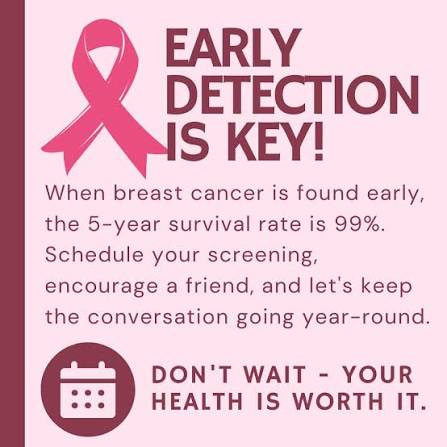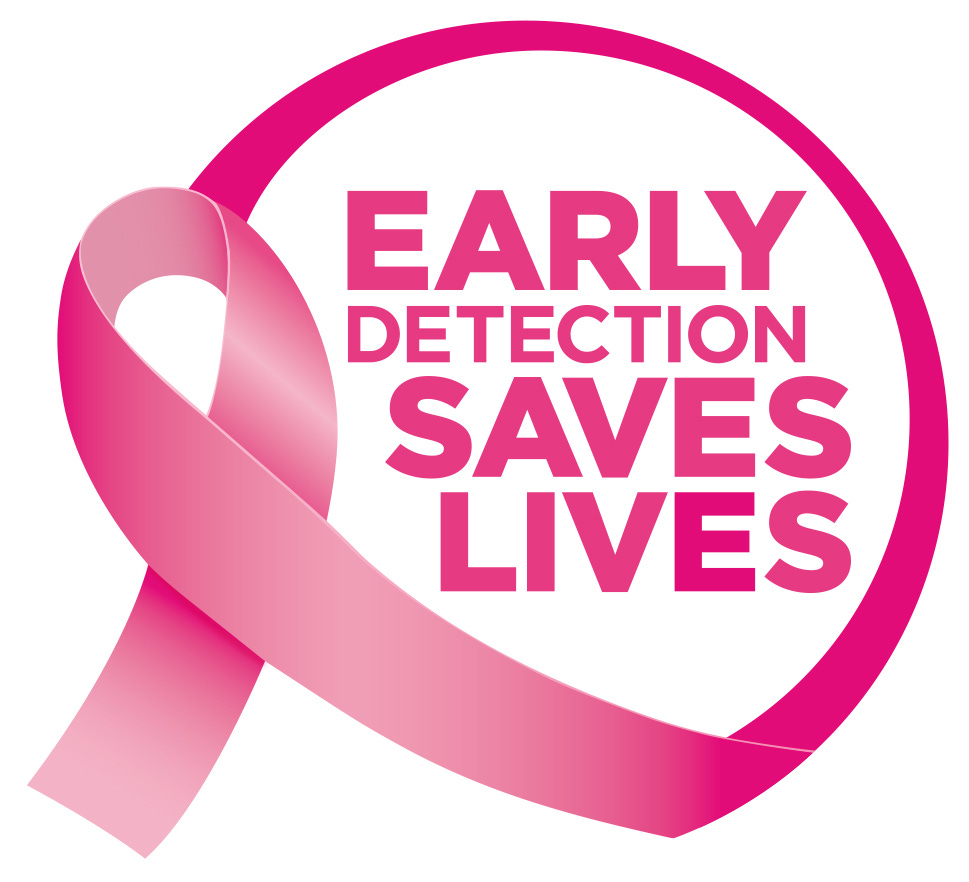What “Caught Early” Really Means
Why stage matters and how early detection changes everything
Insights for Empowerment
When people said “at least you caught it early,” they meant well. But I didn’t fully understand what that meant until I learned about staging.
My mother had breast cancer in her 40s, but I don’t know what stage hers was. That generation often didn’t discuss medical details the way we do now. It wasn’t about keeping secrets—it was just a different time.
But not having that information meant I grew up not fully understanding how serious breast cancer could be or what “caught early” really meant for survival.
Now I know. And now I’m committed to sharing what I learn.
Catching cancer early isn’t just about luck. It’s about outcomes, treatment options, and survival rates. It’s about life or death.
The Stages of Breast Cancer
Stage 0 (DCIS): Non-invasive. Cancer cells are contained in the ducts. Highly treatable.
Stage I: Small tumor, hasn’t spread. Excellent prognosis with treatment.
Stage II: Larger tumor or has spread to nearby lymph nodes. Still very treatable.
Stage III: Larger tumor with more lymph node involvement. Requires aggressive treatment but still treatable.
Stage IV: Metastatic. Cancer has spread to other organs. Treatment focuses on managing disease and quality of life.
Why Early Detection Matters
More treatment options. Early-stage cancer can often be treated with less aggressive approaches. Later stages require more intensive treatment.
Better survival rates. The 5-year survival rate for Stage I breast cancer is close to 100%. For Stage IV, it drops significantly.
Less invasive surgery. Early detection might mean lumpectomy instead of mastectomy. Fewer lymph nodes removed. Less reconstruction needed.
Lower recurrence risk. The earlier cancer is caught, the less likely it is to return.
How My Cancer Was Caught
Regular screening was a must for me, because of the history in my family. Therefore, it wasn’t that I was someone who felt something, because I didn’t. It was just my normal routine mammogram time.
I went to my appointment as I’ve always did and it was the same story all the time. We need to repeat your exam. This was the case all the time, but this time it was different. This time it was, we need to repeat the exam, then we need to do an ultrasound and then it was we need to do a biopsy. So yeah, this time was different.
I didn’t wait. I didn’t convince myself it was nothing. I trusted my instincts and got it checked. I went to every appointment, even when I was afraid.
That decision saved my life.
Don’t Ignore the Signs
Waiting doesn’t make cancer go away. It gives it time to grow and spread.
If something feels off, if you notice changes, if you have persistent symptoms, when they tell you to come back to repeat your exams, do it and see your doctor immediately. Don’t wait for your next scheduled mammogram.
Early detection requires action.
Conclusion
“Caught early” means you have options. It means better outcomes. It means hope.
But catching it early requires you to show up for yourself. Get your screenings. Do your self-exams. Trust your instincts.
Your life might depend on it.
Encouraging Nuggets
5-Year Survival Rates (with treatment):
• Stage 0-I: Nearly 100%
• Stage II: 93%
• Stage III: 72%
• Stage IV: 22%
(These are averages. Individual outcomes vary.)
Don’t Wait If:
• You feel a lump or thickening
• You notice skin changes
• You have nipple discharge
• You have persistent pain
• Something just feels different
Remember, Early detection can be a life changing decision.



